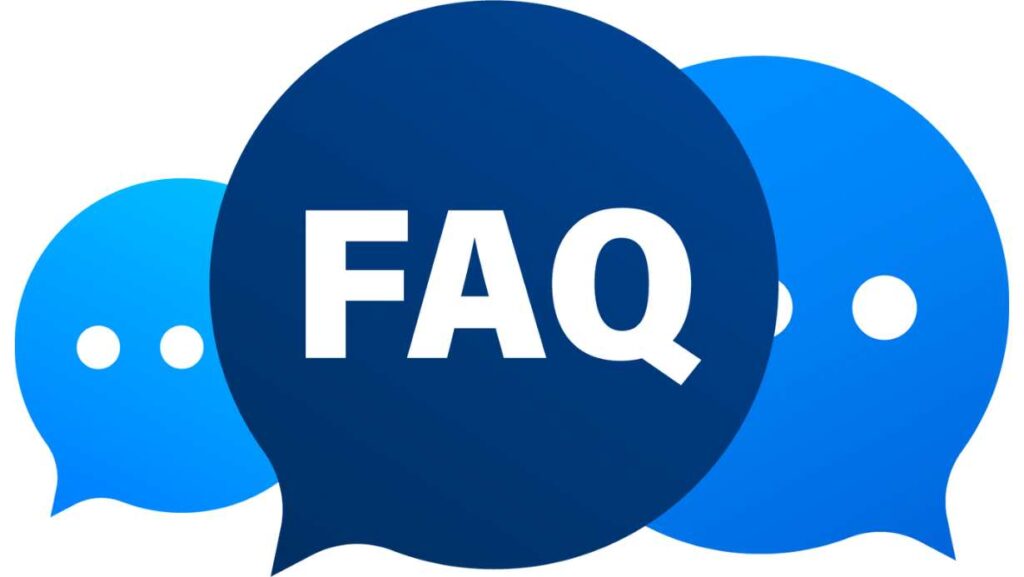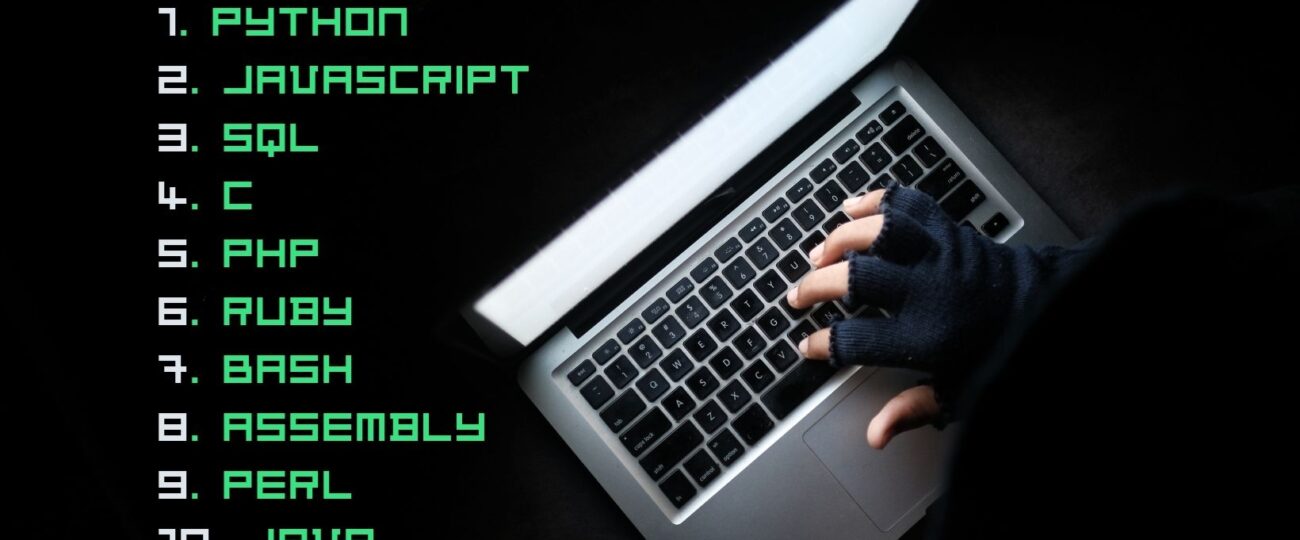Hackers must continually adapt their skills to stay ahead in the world of cybersecurity. One crucial aspect of this adaptation is mastering programming languages. While proficiency in multiple languages is ideal, aspiring hackers often seek a starting point that offers the most efficient learning curve. This article explores the top choices for the easiest language to learn for hackers and those entering the hacking realm. By examining factors such as syntax simplicity, versatility, and relevance to common hacking tasks, readers will gain insight into which languages can provide the quickest path. These languages help in developing foundational coding skills essential for ethical hacking and cybersecurity careers.
Easiest Programming Languages to Learn for Aspiring Hackers
Understanding the right programming languages can be a game-changer in the world of cybersecurity. Whether you’re aiming to bolster defenses or explore systems, choosing the appropriate language is crucial. Let’s delve into some of the most accessible programming languages for budding hackers.
- Python: The Versatile Powerhouse
- JavaScript: The Web's Best Friend
- SQL: Mastering Database Interactions
- C: The System's Language
- PHP: The Server-Side Giant
- Ruby: The Quick Prototyper
- Bash: The Command-Line Scripter
- Assembly: The Hardware Whisperer
- Perl: The Text Manipulator
- Java: The Cross-Platform Contender
- Go: The Modern Challenger
1. Python: The Versatile Powerhouse
Python stands out for its simplicity and readability, making it a favorite among beginners. Its extensive libraries and frameworks facilitate tasks like network scanning, system automation, and even exploit development. Many cybersecurity professionals rely on Python for its efficiency and the vast community support it offers.
2. JavaScript: The Web’s Best Friend
Dominating the web development scene, JavaScript is indispensable for understanding web vulnerabilities. Hackers often utilize JavaScript to manipulate client-side scripts, perform cross-site scripting (XSS) attacks, and analyze web application behaviors. Its ubiquity on the web makes it a valuable tool in a hacker’s arsenal.
3. SQL: Mastering Database Interactions
Structured Query Language (SQL) is the backbone of most databases. A deep understanding of SQL allows hackers to perform actions like retrieving hidden data or bypassing login mechanisms through techniques such as SQL injection. Grasping SQL is essential for anyone looking to understand database vulnerabilities.
4. C: The System’s Language
C provides low-level access to memory and system processes, making it invaluable for tasks like developing system exploits or understanding operating system vulnerabilities. Many rootkits and advanced exploits are crafted using C due to its powerful capabilities.
5. PHP: The Server-Side Giant
As a widely-used server-side scripting language, PHP powers a significant portion of the web. Hackers proficient in PHP can identify vulnerabilities in web applications, such as file inclusion exploits or remote code execution. Understanding PHP is crucial for those focusing on web application security.
6. Ruby: The Quick Prototyper
Ruby is known for its elegant syntax and rapid development capabilities. Tools like Metasploit, a popular penetration testing framework, are built on Ruby, highlighting its significance in the hacking community. Its simplicity allows for quick scripting and exploit development.
7. Bash: The Command-Line Scripter
Bash scripting is essential for automating tasks in Unix-based systems. Hackers use Bash scripts to automate repetitive tasks, manage system operations, and execute batch processes efficiently.
8. Assembly: The Hardware Whisperer
For those delving deep into system architecture, Assembly language offers unparalleled control. It’s used in reverse engineering and developing exploits that require direct hardware manipulation. While challenging, mastering Assembly provides a profound understanding of how software interacts with hardware.
9. Perl: The Text Manipulator
Perl excels in text processing and system administration tasks. Hackers leverage Perl for tasks like scanning text files, automating processes, and exploiting web applications. Its flexibility makes it a handy tool for various hacking scenarios.
10. Java: The Cross-Platform Contender
Java’s platform-independent nature allows it to run on various devices, making it a target for hackers. Understanding Java can help in analyzing mobile applications, web applications, and even certain types of malware.
11. Go: The Modern Challenger
Developed by Google, Go (or Golang) is gaining traction for its efficiency and performance. Hackers are beginning to adopt Go for developing fast and reliable tools, especially for network scanning and web application testing.
Why is Programming Important for Hackers?
Programming skills are foundational for hackers, serving as the bedrock for understanding and manipulating complex computer systems. Proficiency in programming languages enables hackers to dissect, analyze, and exploit code, identifying potential vulnerabilities in software and systems.

Automation and Custom Tools
The easiest language to learn for hackers often depends on their specific goals, but mastering programming allows them to create custom scripts and automate tasks. This efficiency is crucial for various hacking activities, from network scanning to vulnerability testing. By writing their own scripts, hackers can streamline repetitive processes and conduct sophisticated tests across multiple systems.
Deep System Understanding
Programming knowledge empowers hackers to delve into system internals, providing insights that are invaluable for both offensive and defensive cybersecurity. Understanding how software works from the inside allows hackers to identify weaknesses and develop effective exploit techniques. This deep comprehension is essential for securing systems and networks against potential threats.
Career Advancement
For aspiring ethical hackers, programming proficiency is often a prerequisite for earning respected certifications. These credentials can validate a hacker’s skills to potential employers, laying the foundation for a successful career in cybersecurity. Mastering the easiest language to learn for hackers is just the beginning of a journey toward becoming a versatile and effective cybersecurity professional.
What is The Easiest Language to Learn for Hackers?
When it comes to determining the easiest language to learn for hackers, several factors come into play. Individual aptitude and background can influence the learning curve. However, some programming languages are generally considered more accessible for aspiring hackers.
Python: The Frontrunner
Python consistently ranks as one of the easiest languages to learn for hackers. Its straightforward syntax, extensive libraries, and versatile applications make it an ideal starting point. Python’s readability and simplicity allow hackers to focus on concepts rather than complex syntax, making it an excellent choice for beginners and experienced programmers alike.
JavaScript: Web-Centric Option
For those interested in web-based hacking, JavaScript offers a relatively gentle learning curve. As a ubiquitous language in web development, it provides ample opportunities for ethical hacking and security testing. JavaScript’s flexibility and wide browser support make it a valuable tool in a hacker’s arsenal.
Ruby: Elegant and Powerful
Ruby’s elegant syntax and expressive nature make it another contender for the easiest language to learn for hackers. Its focus on simplicity and productivity allows hackers to quickly prototype ideas and develop powerful scripts. Ruby’s extensive community and resources further enhance its appeal as a learning platform for aspiring hackers.
Additional Programming Languages for Hacking

Perl: The Swiss Army Knife of Hacking
Perl, often considered one of the easiest languages to learn for hackers, remains a valuable tool in the hacking community. Its versatility in manipulating text files and creating exploits makes it indispensable for many cybersecurity professionals. According to cybersecurity experts, Perl excels at writing small to large scripts and is frequently used interchangeably with Bash scripting. This flexibility allows hackers to quickly develop and deploy tools for various tasks, from data parsing to network analysis.
Ruby: The Hacker’s Gem
Ruby has gained popularity among hackers due to its elegant syntax and powerful features. As one of the top programming languages for hacking, Ruby offers rapid prototyping capabilities and metaprogramming features that facilitate the creation of sophisticated hacking tools. Its ability to handle complex tasks with concise code makes it an attractive option for those seeking efficiency in their hacking endeavors. Moreover, Ruby’s extensive library ecosystem provides hackers with many pre-built modules and frameworks. Hackers can quickly develop and customize their toolsets for specific attack scenarios.
Learning Your First Programming Language for Cybersecurity
When embarking on your journey to become a hacker or cybersecurity professional, choosing the right programming language is crucial. The easiest language to learn for hackers is often considered to be Python. Its simplicity and versatility make it an ideal starting point for beginners in the field.
Why Python?
Python’s straightforward syntax and extensive libraries make it the easiest language to learn for hackers looking to quickly develop security tools and scripts. It’s widely used in both defensive and offensive security operations, allowing you to automate tasks, analyze data, and create custom exploits.
Expanding Your Skillset
While Python is an excellent foundation, aspiring cybersecurity professionals should also consider learning other languages. According to Cybersecurity Guide, Java, C/C++, JavaScript, and SQL are among the most important languages for security practitioners. Each of these languages serves different purposes in the cybersecurity landscape, from low-level system access to web application security.
Practical Approach to Learning
To master your chosen language, focus on hands-on experience. Practice writing scripts, contribute to open-source projects, and tackle real-world security challenges. Remember, the goal is not just to learn syntax, but to understand how these languages can be applied in various cybersecurity scenarios.
FAQs: Easiest Language to Learn for Hackers

What is the easiest language to learn for hackers?
Python is widely considered the easiest language to learn for hackers, especially for beginners. Its simple syntax, extensive library of modules, and large community support make it ideal for various hacking tasks. Python’s versatility allows hackers to write exploits, automate processes, and develop powerful scripts with relative ease.
Are there other important languages for hacking?
While Python is a great starting point, aspiring hackers should also familiarize themselves with other languages. JavaScript is crucial for web hacking, enabling hackers to exploit vulnerabilities in dynamic web applications. SQL is essential for database manipulation and SQL injection attacks. C/C++ provide low-level system access, making them valuable for creating exploits and shellcodes.
How should beginners approach learning hacking languages?
Beginners should start by building a strong foundation in programming concepts using Python. Then, gradually expand their skills to include other languages like JavaScript and SQL. It’s crucial to practice consistently, solve challenges on platforms like OverTheWire and HackTheBox, and develop a deep understanding of networking, operating systems, and security principles. Remember, becoming a skilled hacker requires patience, persistence, and continuous learning.
Conclusion
In conclusion, while the easiest programming language for hackers to learn may vary depending on individual goals and background, several options stand out as particularly accessible entry points. Python, JavaScript, and Ruby offer user-friendly syntax and extensive resources for beginners. More specialized languages like Bash and PowerShell provide powerful tools for system-level tasks. Ultimately, aspiring hackers should consider their specific objectives and choose a language that aligns with their intended focus areas, whether web applications, networks, or operating systems. Regardless of where they start, developing a strong foundation in programming fundamentals is essential. Maintaining an inquisitive, problem-solving mindset is also key to success in the dynamic field of ethical hacking.
See Also: What Is Not True of White Hat Hackers? Get Answer Now










